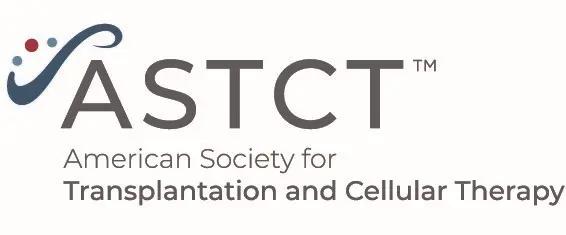Anti-CD19 Chimeric Antigen Receptor T-Cell Therapy for Richter Transformation: An International, Multicenter, Retrospective Study
ASTCT discusses Richter transformation and treatment options available for this population.
ASTCT discusses Richter transformation and treatment options available for this population.

An international multicenter retrospective study has evaluated the safety and efficacy of anti-CD19 CAR-T cell treatment for patients with Richter transformation (RT), a condition known for a poor prognosis with current therapies. Writing in the Journal of Clinical Oncology, the authors suggest that the early use of anti-CD19 CAR T in RT might improve outcomes.
RT is a condition where chronic lymphocytic leukemia (CLL) progresses into a more aggressive form of lymphoma, typically diffuse large B-cell lymphoma (DLBCL). Anti-CD19 CAR-T cells serve a critical role in the therapy of LBCL. This study included 69 patients who had undergone multiple prior treatments for chronic lymphocytic leukemia (CLL) and/or RT. Patients received various CAR-T products, with the majority treated with Yescarta (axicabtagene ciloleucel).
Treatment-related toxicities included grade ≥3 cytokine release syndrome in 16% of patients and immune effector cell-associated neurotoxicity syndrome in 37%. Despite these challenges, the treatment demonstrated a 63% overall response rate (ORR), with 46% of patients achieving a complete response. After 24 months of follow-up, the median progression-free survival (PFS) was 4.7 months, with a two-year PFS rate of 29%. The median overall survival (OS) was 8.5 months, and the two-year OS rate was 38%. Notably, patients who achieved a complete response had a median duration of response of 27.6 months. The findings indicate that CAR-T therapy can be an effective treatment option for RT, suggesting potential for this approach in managing a historically difficult-to-treat condition.
Reference:
Kittai AS, Bond D, Huang Y, et al. Anti-CD19 Chimeric Antigen Receptor T-Cell Therapy for Richter Transformation: An International, Multicenter, Retrospective Study. J Clin Oncol. Published online March 29, 2024.
https://doi.org/10.1200/JCO.24.00033